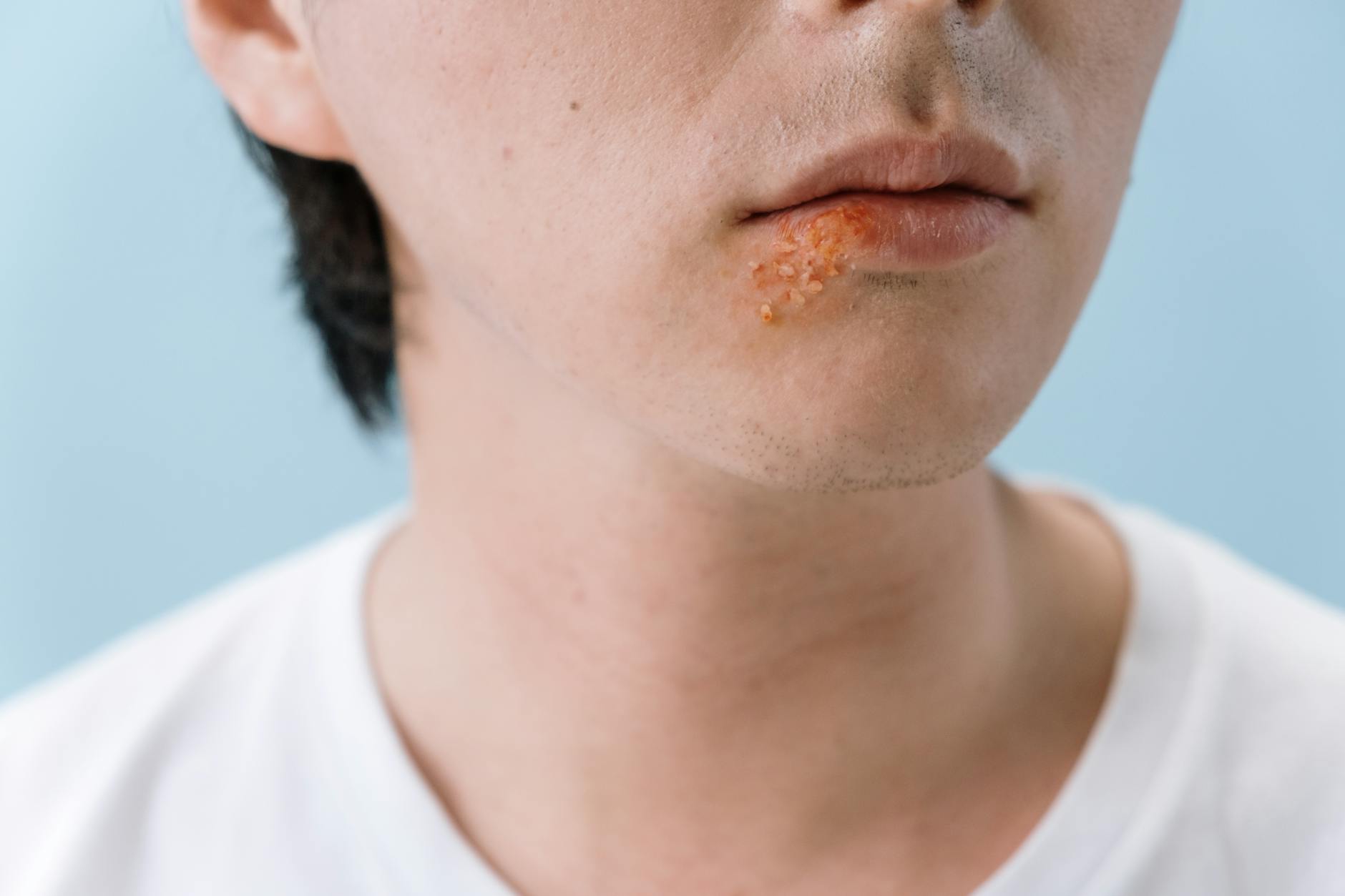Uncover the truth behind the pesky cold sore with our comprehensive guide – from triggers to treatment options revealed!
Table of Contents
Welcome to “The Cold Sore Chronicles” where we dive into the ins and outs of cold sores, offering you the knowledge and tools to confidently manage this common condition at home.
Dealing with a cold sore can be frustrating, especially when you’re unsure of how to effectively treat it. By understanding the causes and symptoms of cold sores, as well as learning about home remedies and prevention tips, you can take charge of your cold sore journey with confidence.
Cold Sore Basics
Cold sores are small, fluid-filled blisters that typically appear on or around the lips. They are caused by the herpes simplex virus (HSV) and can be triggered by factors like stress, sunlight exposure, and a weakened immune system.
While cold sores are common and usually harmless, they can be uncomfortable and unsightly. It’s important to treat them promptly to speed up healing and reduce the risk of spreading the virus to others.
Home Remedies for Cold Sores
There are several home remedies you can try to alleviate cold sore symptoms and promote healing:
- Applying ice to the affected area can help reduce swelling and pain.
- Using over-the-counter antiviral creams or ointments can speed up healing.
- Applying aloe vera gel or coconut oil can soothe the skin and promote healing.
- Keeping the affected area clean and dry can prevent further irritation and infection.
Remember to avoid picking or popping the cold sore, as this can delay healing and increase the risk of infection.
Prevention Tips
While cold sores are not always preventable, there are steps you can take to reduce your risk of developing them:
| Topic | Information |
|---|---|
| What is a cold sore? | A cold sore is a small blister that typically appears on the lips or around the mouth. It is caused by the herpes simplex virus. |
| How do you get cold sores? | Cold sores are highly contagious and can be spread through close personal contact, such as kissing or sharing utensils. |
| Symptoms of a cold sore | Common symptoms include tingling or itching around the mouth, followed by the appearance of a blister that may scab over. |
| Treatment options | Treatment may include antiviral medications, creams, or home remedies such as applying ice or using over-the-counter ointments. |
| Prevention tips | Avoid close contact with people who have cold sores, refrain from sharing personal items, and maintain good hygiene practices. |
| When to see a doctor | If you experience frequent or severe cold sores, or if they are not healing properly, it is recommended to consult a healthcare professional. |
- Avoid close contact with individuals who have active cold sores.
- Practice good hygiene, such as washing your hands frequently and not sharing personal items like lip balm or utensils.
- Manage your stress levels through relaxation techniques like deep breathing exercises or meditation.
- Protect your lips from sun exposure by wearing lip balm with SPF.
Confidently Managing Your Cold Sore Journey
By arming yourself with knowledge about cold sores and implementing home remedies and prevention tips, you can confidently navigate the world of cold sore management. Remember that cold sores are common and nothing to be ashamed of – with the right approach, you can effectively treat and prevent them from interfering with your daily life.
Take charge of your cold sore journey today and empower yourself to feel confident and in control!
Frequently Asked Questions
Here are the answers to some common questions related to cold sores:
What are the common triggers for cold sores?
Common triggers for cold sores include stress, sunlight exposure, a weakened immune system, hormonal changes, and certain foods.
How long does a cold sore typically last?
A cold sore typically lasts around 7-10 days, from the initial tingling sensation to the blister formation, scabbing, and eventual healing.
Can cold sores be spread to other parts of the body?
It is possible for cold sores to spread to other parts of the body through contact with the fluid from the blister. It is important to avoid touching the cold sore and practice good hygiene to prevent spreading.
Are there any long-term complications associated with cold sores?
While cold sores are generally harmless, complications such as bacterial infections can occur if the blister is not properly cared for. Seeking medical attention if you experience severe or frequent cold sores is recommended to prevent any potential complications.





